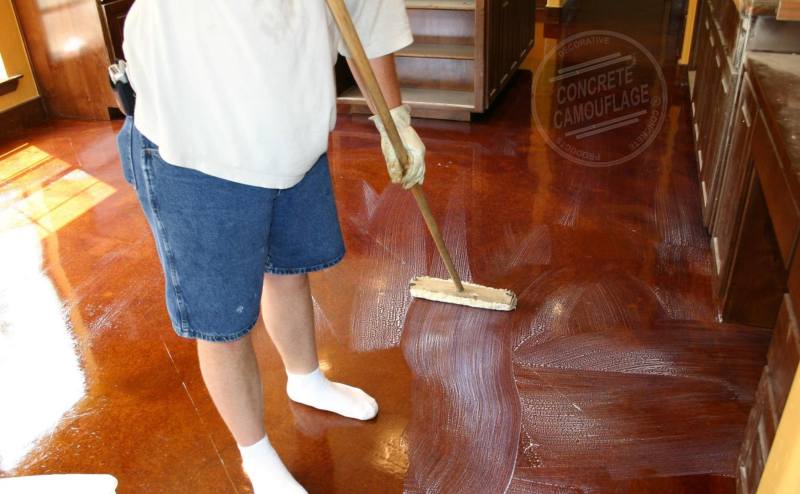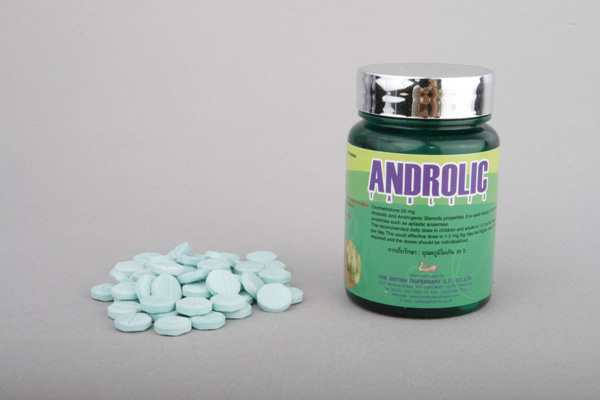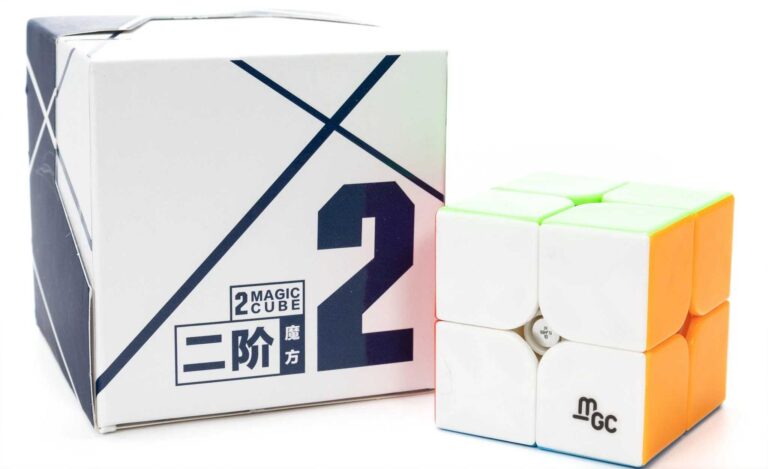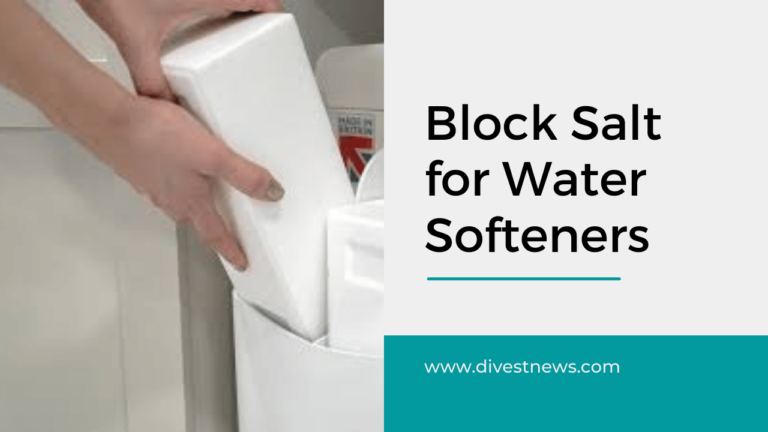Water-Based Sealers: A Sustainable Solution for Surface Protection
Water-based sealers, also known as waterborne sealers, have gained popularity in recent years as an eco-friendly and effective solution for protecting various surfaces. These sealers offer a sustainable alternative to traditional solvent-based sealers, minimizing environmental impact and providing durable protection for surfaces. In this article, we will explore the world of Water Based Sealers, their characteristics, applications, benefits, and their crucial role in promoting sustainability in surface protection.
Understanding Water-Based Sealers
Water-based sealers are protective coatings formulated with water as the primary carrier or solvent, replacing the volatile organic compounds (VOCs) found in solvent-based sealers. Key characteristics of water-based sealers include:
- Low VOC Content: Water-based sealers typically contain very low levels of VOCs, which are harmful chemicals that can evaporate into the air and contribute to air pollution.
- Eco-Friendly Formulation: These sealers are designed with the environment in mind, utilizing sustainable and renewable resources during production.
- Reduced Odor: Water-based sealers produce minimal or no noxious odors, making them suitable for indoor applications without causing discomfort to users.
- Quick Drying: Water-based sealers often dry faster than solvent-based alternatives, allowing for shorter application and curing times.
- Versatility: These sealers can be used on a wide range of surfaces, including concrete, wood, masonry, and even some types of metals, providing long-lasting protection.
Applications of Water-Based Sealers
Water-based sealers have diverse applications across several industries and are commonly used in various settings:
- Concrete and Masonry: Water-based sealers are widely used to protect concrete driveways, sidewalks, floors, and masonry structures from moisture, staining, and weathering.
- Wood: Water-based sealers are applied to wood surfaces, such as decks, furniture, and interior floors, to prevent damage from water, UV rays, and wear and tear.
- Automotive: Some water-based sealers are used for automotive clear coats, offering protection and enhancing the appearance of vehicles.
- Metal: Water-based sealers are used to protect metal surfaces from corrosion, especially in marine and industrial settings.
- Countertops and Surfaces: Water-based sealers are applied to kitchen and bathroom countertops, as well as other household surfaces, to protect against spills, stains, and daily wear.
Benefits of Water-Based Sealers
The adoption of water-based sealers offers a multitude of benefits, including:
- Environmental Preservation: Water-based sealers contain lower levels of VOCs, reducing their environmental impact and minimizing air pollution, which is vital for outdoor and indoor air quality.
- Health and Safety: The reduced VOC content and low odor of water-based sealers contribute to a healthier and safer work environment for both application workers and the end-users of the sealed surfaces.
- Long-Lasting Protection: Water-based sealers provide effective protection against moisture, UV rays, stains, and abrasion, prolonging the life and appearance of treated surfaces.
- Quick Application: The fast drying time of water-based sealers allows for quicker project completion, reducing downtime and associated costs.
- Versatility: These sealers can be used on various surfaces, simplifying the selection process and reducing the need for multiple products.
Challenges and Future Outlook
Despite their numerous advantages, water-based sealers also face challenges that need to be addressed:
- Cost Considerations: Water-based sealers can be more expensive than solvent-based alternatives, which may deter some users. However, the long-term benefits often outweigh the initial cost.
- Durability: Some users have raised concerns about the durability of water-based sealers, particularly in heavy industrial and high-traffic environments. Continuous research and development aim to address this issue.
- Education and Awareness: Increasing awareness among consumers and industries about the benefits and applications of water-based sealers is essential for their broader adoption.
In conclusion, water-based sealers are a sustainable and effective solution for surface protection, offering numerous advantages for users and the environment. As environmental consciousness continues to grow, the adoption of these sealers is expected to increase, contributing to a cleaner environment, improved health and safety, and long-lasting protection for a wide range of surfaces.






